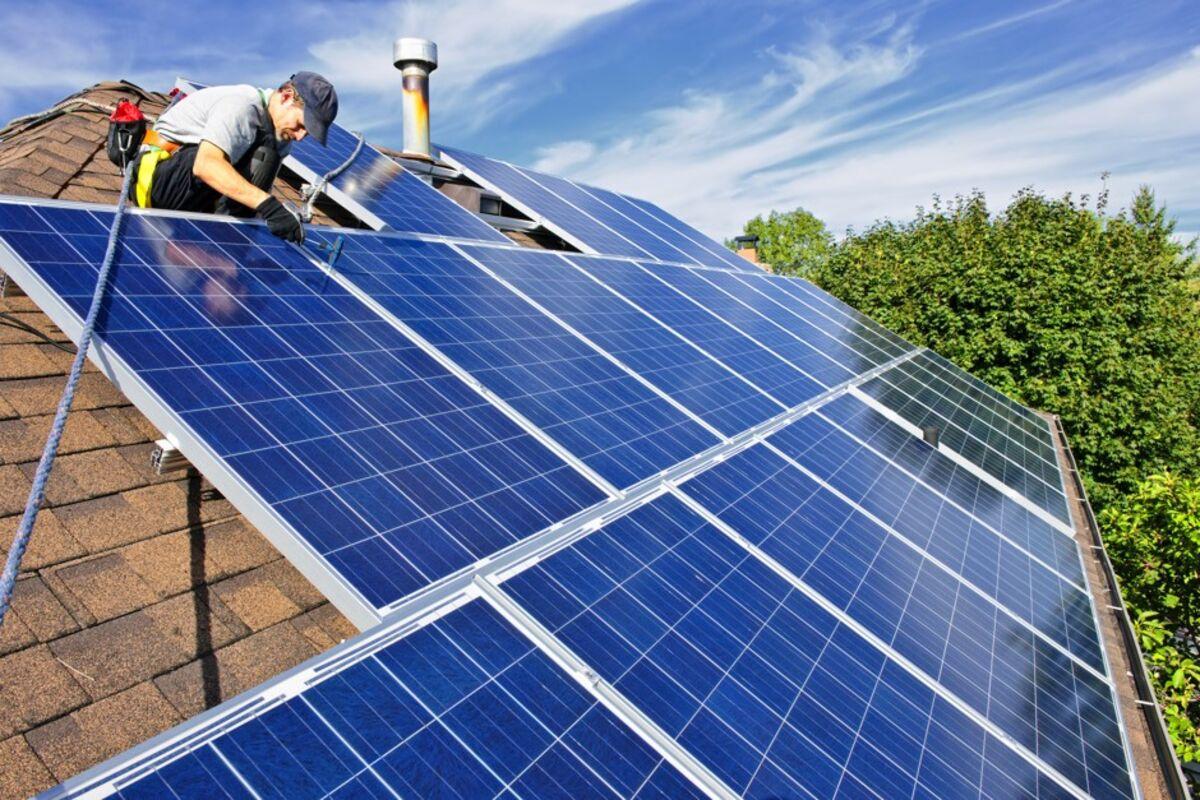How Retrofitting is Driving Global Energy Efficiency Goals

Introduction
The energy retrofit systems market is transforming existing buildings and facilities into energy-efficient environments through advanced technologies and modernization solutions. These systems focus on upgrading HVAC, lighting, insulation, and control systems to reduce energy consumption and operational costs. As global emphasis on sustainability and carbon neutrality increases, retrofitting has emerged as a cost-effective approach for achieving energy efficiency without full reconstruction. Governments, industries, and commercial property owners are investing heavily in retrofit solutions to meet environmental goals and enhance building performance.
Market Drivers
Stringent environmental regulations and growing awareness about energy conservation are major drivers propelling the energy retrofit systems market. Rising energy costs and the global transition toward net-zero carbon emissions have pushed organizations to adopt retrofit solutions for existing infrastructure. The growing trend of smart buildings and the integration of IoT-based monitoring systems are further enhancing retrofit adoption. Public-private initiatives promoting energy-efficient construction and urban redevelopment projects are also contributing significantly to market expansion.
Market Challenges
High initial investment costs and lengthy payback periods are key challenges restraining the market, particularly for small and medium enterprises. The technical complexity of retrofitting older buildings with modern technologies can lead to compatibility issues and increased project costs. Limited awareness in developing regions and lack of skilled professionals for retrofit planning and installation further hinder widespread adoption. Additionally, fluctuating energy prices and economic uncertainties may impact project investments.
Market Opportunities
The rise of smart cities, combined with digital technologies such as AI and data analytics, presents immense opportunities for the energy retrofit systems market. Governments offering financial incentives, subsidies, and green bonds for energy-efficient upgrades are encouraging broader participation. The growing commercial real estate and industrial sectors create new prospects for large-scale retrofitting initiatives. Integration of renewable energy sources, such as solar and wind, into retrofit systems enhances overall sustainability and performance.
Regional Insights
North America dominates the market due to strong government policies supporting energy efficiency and building modernization. Europe follows closely, driven by strict environmental regulations and the EU’s focus on sustainable infrastructure. Asia-Pacific is witnessing rapid growth with urbanization, industrial expansion, and green building initiatives in countries like China, India, and Japan. The Middle East and Africa are gradually adopting retrofit technologies as energy diversification and conservation efforts intensify.
Future Outlook
The future of the energy retrofit systems market lies in digital transformation and sustainable innovation. As climate change policies tighten, building owners and industries will increasingly adopt retrofitting to reduce emissions and operational costs. Technological advancements in automation, predictive maintenance, and smart sensors will further optimize performance. The market is expected to expand steadily as global efforts toward energy efficiency and carbon reduction continue to accelerate.
Conclusion
The energy retrofit systems market is pivotal in driving sustainability and cost efficiency in existing infrastructure. While high initial costs pose short-term challenges, long-term benefits in energy savings and environmental impact make retrofitting an essential global priority. With technological evolution and growing government support, energy retrofit systems are set to play a vital role in achieving global energy transition goals.
- Art
- Crafts
- Dance
- Wellness
- Movie & Television
- Adult Entertainment
- Fitness
- Food
- Spellen
- Gardening
- Health
- Home
- Literature
- Music
- Business & Finance
- Religion
- Shopping
- Sports
- Theater
- Drinks
- Other



